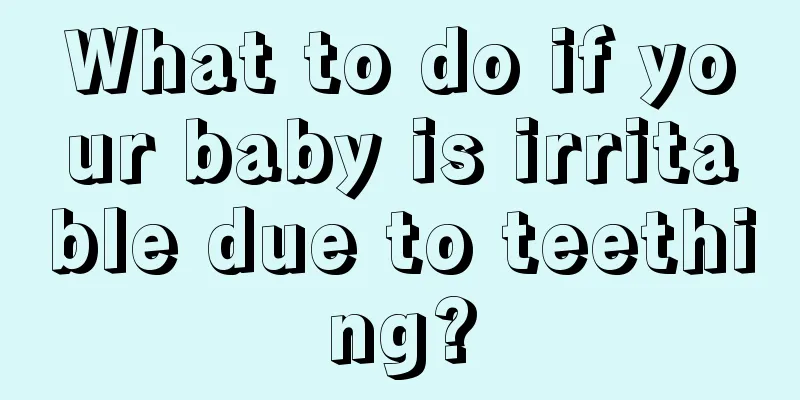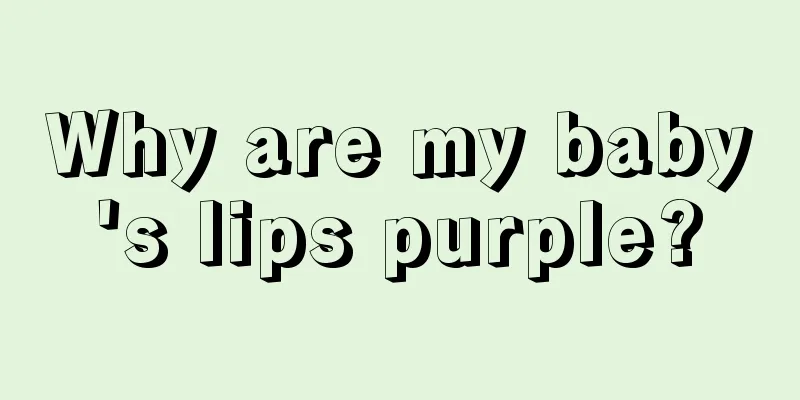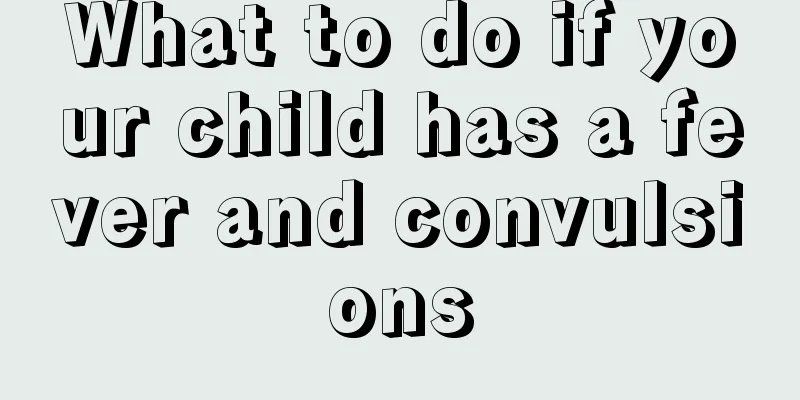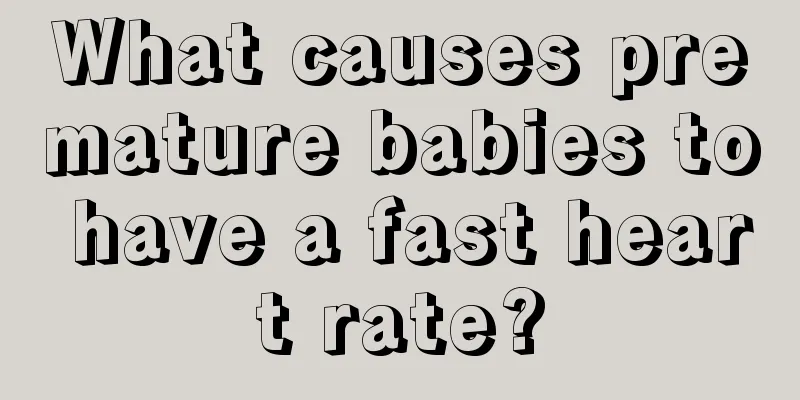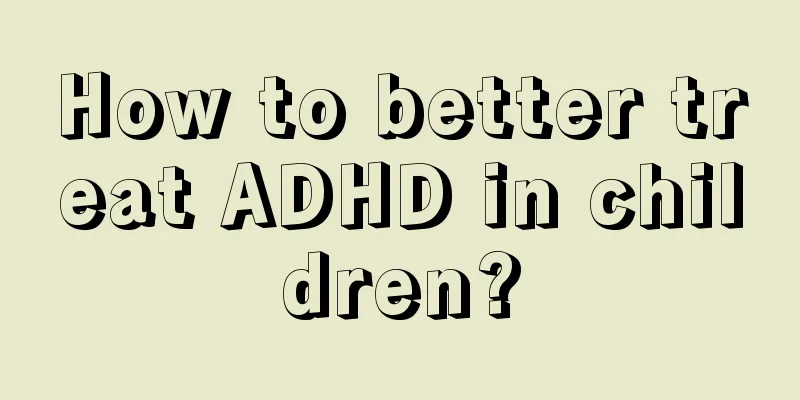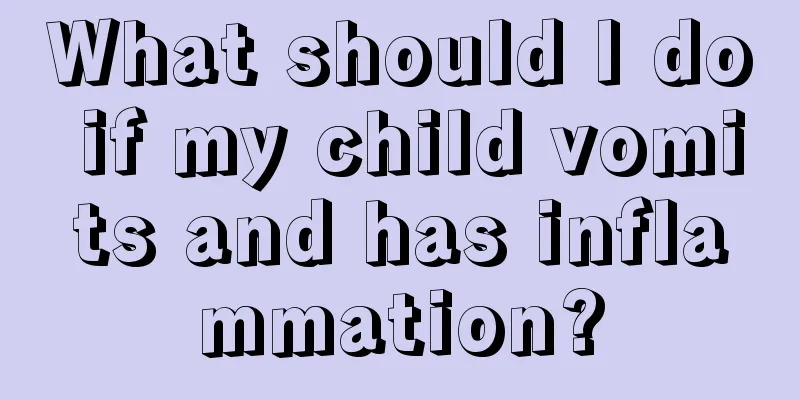Why does a child have a fever when he catches a cold?
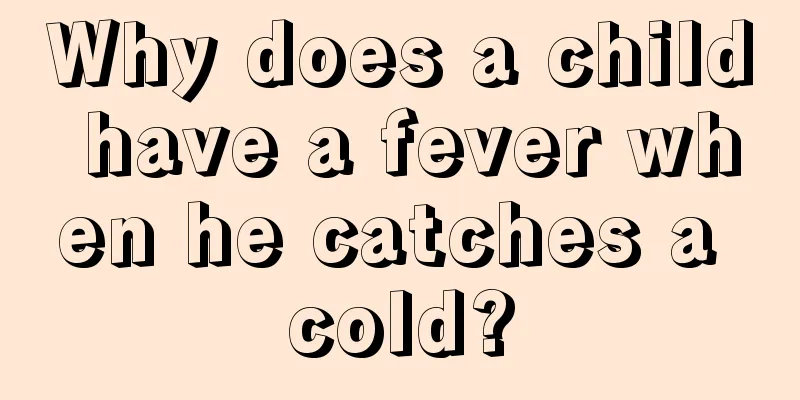
|
Why does a child have a fever when he catches a cold? It is quite common for children to have a fever when they catch a cold, because a cold is often an inflammation, and fever is a process by which the body fights inflammation. So parents should not worry too much when children have a fever. They should measure the child's temperature in time to see what the child's specific temperature is. If it is a low fever, physical methods can be used to reduce the temperature. If it exceeds 38.5 degrees, parents must go to the hospital for treatment in time. Why does a child have a fever when he catches a cold? Fever, also known as fever, is something that everyone has experienced. I'm afraid there is no one who has never had a fever. Having a fever is a very normal thing. Some people always worry and get scared when they have a fever. Yes, having a fever does make people feel uncomfortable, but you have to know that if you never have a fever even if you get sick (such as an infection) that day, it is not a good thing. Fever is often beneficial to people. Fever lets you know that you are sick, makes you pay attention, and makes you rest, so that you can better cope with the illness, just like if a person does not have pain, it sounds like a good thing, but in fact, if a person does not have pain, it would be bad. Fever can mobilize the body's immunity, help eliminate pathogens, and promote the development of the disease in the direction of recovery. It can be said that it is also a training of immunity. Many people are eager to reduce the fever as soon as they have a fever, no matter what. This is actually wrong. Whether to reduce the fever depends on the specific situation. Why do children get fever easily? In fact, fever is the result of pyrogens acting on the temperature regulation center of the brain. The temperature control center of young children is not as stable as that of adults. Sometimes a very mild infection for adults can cause fever or even high fever in young children. In addition, it may also be that the child’s immune system is in the process of “growing and improving”. The child’s immune response to the same pathogen will be stronger, so fever can help “temper” the child’s immune system to a certain extent. Of course, you should not deliberately let your child have a fever for the purpose of “tempering” it. Fever has its benefits for the body, but there are also uncertain risks, especially for very young infants and young children, so don't panic but don't take it lightly. As mentioned before, fever itself is a manifestation of the body's struggle against disease. It is not terrible. It is actually beneficial to us. But it also has a harmful side, that is, high fever that does not subside and extremely high fever. This must be taken seriously. Especially for infants and young children, it can sometimes cause serious sequelae or even endanger their lives. They should be cooled down and treated symptomatically in a timely manner, and the primary disease should be treated actively. |
<<: Can children with intellectual disability be cured?
>>: Which department should children go to for cold and fever
Recommend
Is bone cracking in teenagers due to calcium deficiency?
Teenagers often encounter calcium deficiency prob...
What causes autism in children?
When a child develops autism, we must pay attenti...
The child has repeated fever and cough
The physical health of children has always been a...
Premature babies cannot lift their heads at three months old
If a premature baby still cannot lift his head af...
Is the baby's frequent straining caused by brain hypoxia?
When babies are growing up, they will like to do ...
What should I do if my 7-month-old baby’s head is a little crooked?
For mothers, the most important thing in daily li...
Is it OK for children to take health supplements?
Our health depends on a lot of food every day to ...
Symptoms and treatment of lateral malleolus fracture in children
When it comes to lateral malleolus fractures in c...
How to treat myocarditis in children
Myocarditis is most likely to occur in adults, bu...
Why do children have black teeth?
Children's teeth are relatively fragile. If y...
Symptoms of asthma in children at different stages
Children are a relatively large group in our live...
Newborns have brain hypoxia, parents should pay attention!
Neonatal cerebral hypoxia is a very serious condi...
Why does my child shiver when sleeping?
For a family with a newborn, the child's affa...
Treatment for children's cold, cough and runny nose
In life, all parents should know that children’s ...
What should we do if primary school students smoke?
Nowadays, more and more people smoke, and they ar...

